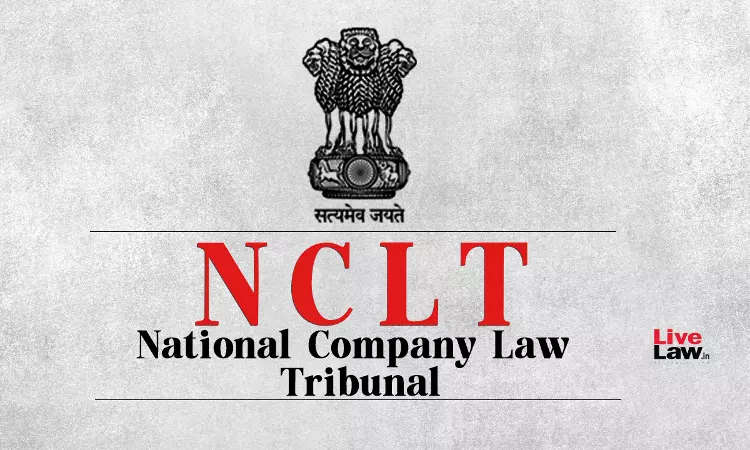NCLT Mumbai: Operational Debt Under IBC Does Not Include Penalty Or Liquidated Damages
Sachika Vij
15 May 2024 8:15 AM IST

Next Story
15 May 2024 8:15 AM IST
The National Company Law Tribunal ('NCLT') Mumbai, comprising Shri K.R. Saji Kumar (Judicial Member) and Shri Sanjiv Dutt (Technical Member) held that the operational debt under Insolvency and Bankruptcy Code, 2016 ('IBC') does not include penalty or liquidated damages. Background Facts: Matoshri Laxmi Sugar Co-Generation Industries Ltd. (Corporate Debtor) had failed to supply...
